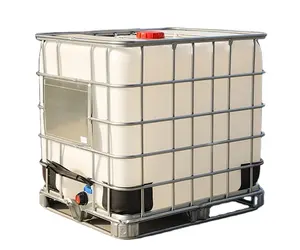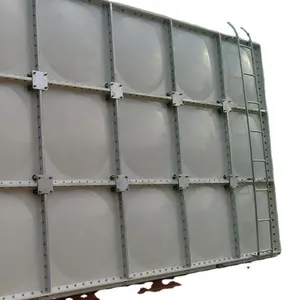Popular in your industry













































































Related Searches:


























































































































































Top categories
About ground tank
Ground tanks are essential for many industries and applications. They are underground water storage tanks that store large volumes of water underground. Made of durable materials like concrete, steel, or plastic, they are designed to withstand the external elements and the pressure of the surrounding soil. These tanks come in various shapes and sizes, from cylindrical to rectangular, and can be customized to suit specific needs. Ground tanks are commonly used in agriculture, municipal water supply, fire protection, and industrial processes. They play a crucial role in water management, ensuring a reliable and sustainable water supply in various settings.
Advantages of Ground Tanks
One key advantage of ground tanks is their space-saving design. Being installed underground, they do not take up valuable surface space, making them ideal for urban areas or locations where land is limited. Additionally, ground tanks offer enhanced protection against external factors. The surrounding earth provides natural insulation, helping to maintain the water temperature. This characteristic is particularly valuable in regions with extreme climates. Furthermore, the underground placement shields the tank from potential physical damage or vandalism. The robust construction of these tanks, often with features like corrosion resistance, contributes to their durability and long service life. Their ability to store large volumes of water is crucial for industries and applications with high water demands, offering a reliable and continuous water supply. Moreover, ground tanks contribute to environmental sustainability by reducing water loss through evaporation, a common issue with above-ground storage. This efficiency in water conservation is especially significant in regions facing water scarcity challenges.
Materials for Ground Tanks
Ground tanks are made of various materials, each offering specific advantages. Concrete tanks are durable and can withstand significant external pressure. They are commonly used for large-scale applications and long-term water storage. Steel tanks are known for their strength and resistance to corrosion. These tanks are suitable for high-pressure environments and can be customized for specific needs. Plastic tanks are lightweight, making them easier to install. They are also corrosion-resistant and offer flexibility in design. Fiberglass tanks combine strength and corrosion resistance, making them a popular choice for underground water storage. However, the choice of material depends on factors such as the volume of water to be stored, the site's geological conditions, and the specific requirements of the application.
Installation of Ground Tanks
Ground tanks require careful planning and expertise for installation. The process typically involves excavation of the site, which should be done following local regulations and considering factors like soil type and water table. Proper backfilling and compaction are crucial to provide structural support to the tank and prevent damage. The tank should be installed on a level and stable base to ensure its integrity. Additionally, considerations for tank access, ventilation, and drainage are essential for safe and efficient operations. Professional installation is recommended to ensure compliance with regulations, optimal performance, and longevity of the water underground tank.

































